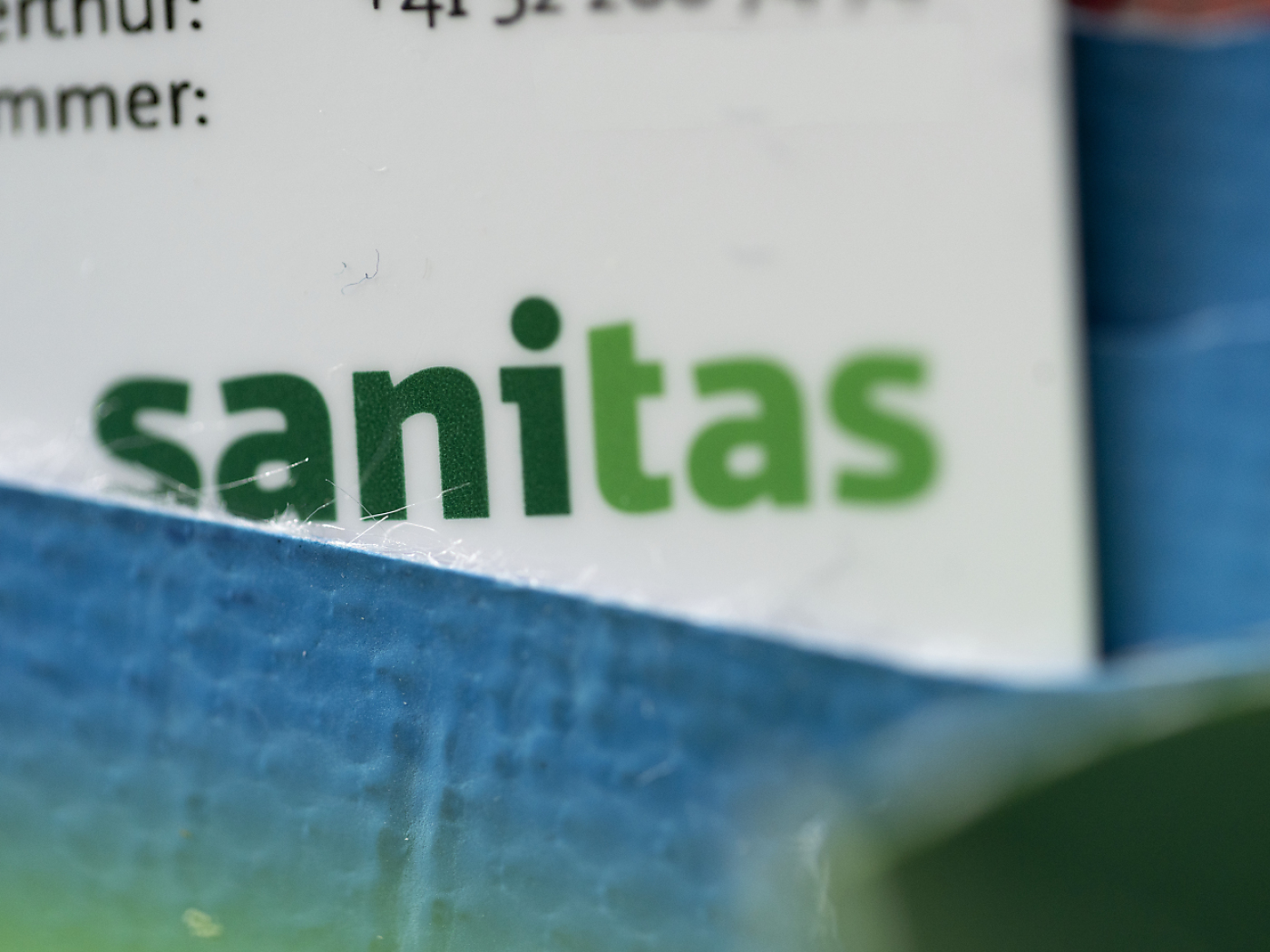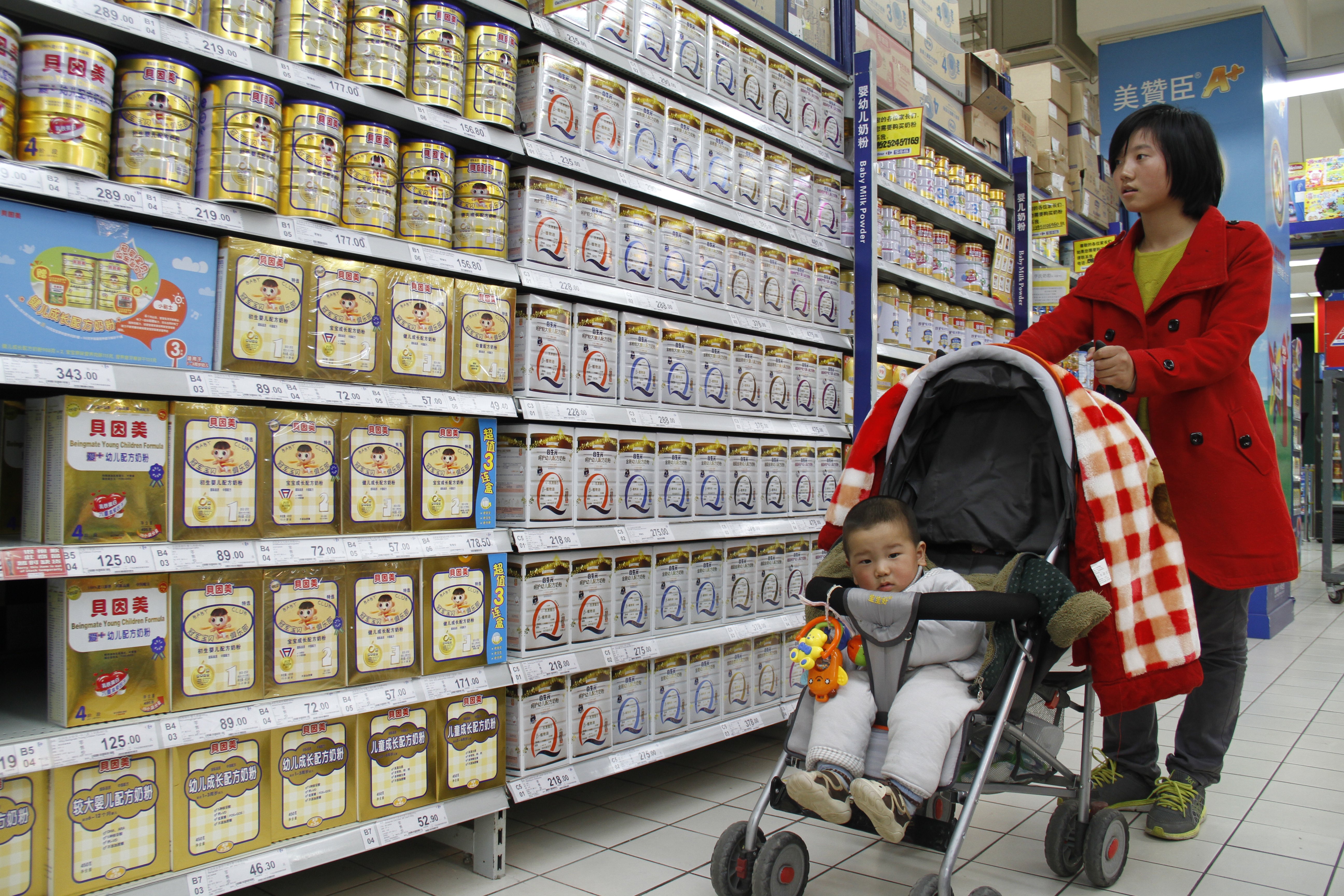Chinese PM arrives in Switzerland for talks

New Chinese Premier Li Keqiang has arrived in Switzerland, his first European destination on a multi-country tour. The two nations, which have a historically good relationship, recently agreed on a free trade pact.
Foreign Minister Didier Burkhalter greeted Li at Zurich airport on Thursday evening, and the Chinese minister will meet with Burkhalter, Economics Minister Johann Schneider-Ammann and Swiss President Ueli Maurer later on Friday. Li and Schneider-Ammann are expected to sign a document of intent as part of the free trade agreement.
The location of the meetings has been kept secret in an effort to prevent protests like in 1999, when throngs of Tibetan protesters gathered in front of the parliament buildings to demand Tibet’s freedom from Chinese rule. The demonstrations led the visiting Chinese president at the time, Jiang Zemin, to declare the Swiss had “lost a good friend” and caused a subsequent cooling in relations between the countries.
A small group of Tibetan protesters gathered at Zurich airport upon Li’s arrival.
Swiss companies are doing particularly well in penetrating the Chinese market, according to the most comprehensive survey to date, published by the Swiss Center Shanghai on Thursday.
As many as 62 per cent of the Swiss companies surveyed said they plan to increase their investments in China in 2013. More than half of them consider China as one of the top three target countries, according to the Swiss Center, which acts as a platform supporting operations of more than 200 Swiss companies in China and Asia.
The confidence level of foreign companies is higher than it was for 2012, while the confidence of Chinese companies is going down, the Swiss Center said. Swiss companies are more positive than all others in the long term. For the next five years, Swiss managers are “confident” to “extremely confident”, on average, that their operations in China will be successful, it said.
Accelerating progress
In an open editorial in the prestigious Neue Zürcher Zeitung newspaper on Thursday, Li wrote that his visit sends a “strong signal” that China wants to “accelerate” the implementation of free trade between the two countries.
Switzerland was one of the first Western countries to establish diplomatic relations and to enter joint ventures with China, the Chinese prime minister pointed out in the editorial.
And Vice Minister of Foreign Affairs Song Tao noted in a Swiss radio interview that the Swiss company Schindler was one of the first three foreign companies to found joint ventures with Chinese businesses after China’s markets opened to the world.
With the free trade accord, Switzerland would be the first continental European country and the first from the 20 largest world economies to reach an important free trade agreement with China. Experts have described the deal as the most important for Switzerland in 40 years.
China is already Switzerland’s third major trading partner behind the European Union and the United States. A free trade agreement would further reduce tariffs and tolls and other trade barriers.
“We reached positive goals in our negotiations and reached an accord. Both sides now hope we will soon have a formalized agreement that will serve both parties,” Chinese Vice Minister of Trade Jiang Yaoping said in a separate interview with Swiss radio.
Trade relations
The details of the agreement are not known, but important issues for Switzerland include market access for industry and intellectual property rights, while China wants to boost sales of its agricultural products in Switzerland.
The watch industry is one particular sector claiming attention. According to the Federation of the Swiss Watch Industry, 40 million fake watches are produced every year in the world – many of them in China. The turnover of Swiss watch counterfeiters amounts to about CHF1 billion ($1.03 billion).
Li stressed in his newspaper editorial that he also wants to intensify the cooperation between both countries in the financial sector. The countries have been discussion whether Switzerland could be established as a centre for the offshore trade of the yuan.
He also asks for understanding and trust and makes a case for an even more active exchange between companies, people and government of both states. Li also reiterated that China continues to promote economic growth, human rights and the implementation of the rule of law.
He added that “there may be certain differences between us because of different histories, cultures and development levels, but we can complement each other with our strenghts.”
A final round of talks on the deal between the two countries ended earlier this month at a technical level.
Li’s stay in Switzerland, which ends on Saturday, crowns a series of visits and exchanges between the two countries. Swiss President Ueli Maurer has said he plans to visit China later this year and Environment Minister Doris Leuthard announced Friday she would visit Beijing next week to sign accords over transportation and forestry.

In compliance with the JTI standards
More: SWI swissinfo.ch certified by the Journalism Trust Initiative












You can find an overview of ongoing debates with our journalists here . Please join us!
If you want to start a conversation about a topic raised in this article or want to report factual errors, email us at english@swissinfo.ch.